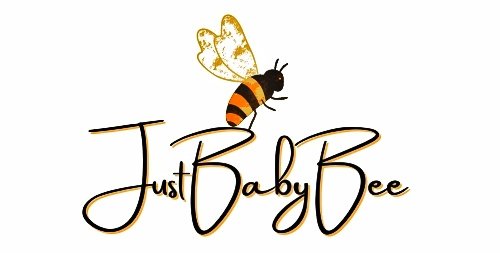Hi Hive Lovers

*If I kill or save this upside-down cockroach, am I a good person doing bad things or a bad person doing good things?*
Good and bad are two simple terms that are pairs of words that have opposite meanings. Then how do you define it?
In the usual sense
Good and bad are words that are categorized as adjectives, and their meanings can be understood in general.
These two words are used to judge something, whatever it is. Usually we use it to judge objects, circumstances, or someone's actions.
For example, a good person whose condition is good, or vice versa, someone who is bad whose condition is bad.
In a broader sense
However, it will become broader, less general, and less simple when these two words are understood in a broader, deeper, and different sense. That is, if it is understood according to the paradigm of thinking or the different points of view of each person.
In a broader sense, it turns out to be difficult to discuss the conception of good and bad because this is an area related to ethics. Therefore, it becomes difficult to define the meaning of both because they are relative and their meaning depends on the context and scope of the discussion.
For example, consuming alcoholic beverages is good for warming up the body but bad for the soul because someone who consumes alcohol will not be able to function properly.
Good and bad are things that resemble two sides of a coin in human life that apply universally. Everyone wants something good and definitely wants to avoid something bad. A person's life will never be separated from good and bad.
I still remember well a philosophy lesson from when I was in high school. Aristoteles once said in his famous work entitled 'Ethica'; that "everyone always wants and pursues the good, and every goal is something good, and every good thing is a goal".
If brought into the realm of ethics, it becomes increasingly difficult to define the terms good and bad. Even in schools of philosophy, there are various definitions of the meaning of good and bad, depending on the schools of thought that define both.
I believe, according to my religion and beliefs, that good and bad are the potentials given by God to humans to use their reason and conscience to do something.
With these two potentials, humans become creatures that have the ability to choose. This means that a person has the ability to choose to do good or bad.
The challenge is "can good people do bad things and can bad people do good things." Of course it takes deeper contemplation to answer it.
Good people do bad things
The truth is, good people are people who always choose to do good things and avoid doing bad things. Therefore, a person is considered a good person because of his track record of always doing good things.
Then, can good people do bad things?
Everyone has limitations in the functioning of reason and conscience. It is this limitation that causes a person to fail to utilize his potential or ability to choose to do good things or bad things. If, at some point, a good person does something bad, then other people will judge him as a bad person.
The relativity of good and bad meanings by people who judge it also determines someone who does something; a person feels he has done something good but can be judged to have done something bad.
In the first example above, it illustrates the limitations of the five senses that have made a person judge another person as good even though the person being judged is a bad person, or vice versa, judge someone as bad even though the person being judged is a good person.
Bad people do good things
In fact, bad people are also not people who always choose to do bad things and avoid doing good things. It's the same as someone who is considered a good person being judged as a bad person because of their track record of doing bad things.
Then, can bad people do good things?
Someone always has the opportunity to take advantage of their potential or ability to choose to do good or bad things.
People who are considered evil also have the same opportunities as other people to do good things. If, at some point, a bad person does good, then other people will judge him as a good person.
Similarly, the relativity of good and bad meanings also determines the value of someone who chooses to do something. Someone who feels they have done something bad can be judged to have done something good.
In the second example above, it illustrates the potential limitations of one's mind and conscience. How can something that can damage one's mind because it is intoxicating still be consumed? Always up for debate, right?: good for you, bad for me.
Do good, no matter how small, and keep doing good wherever you are.
